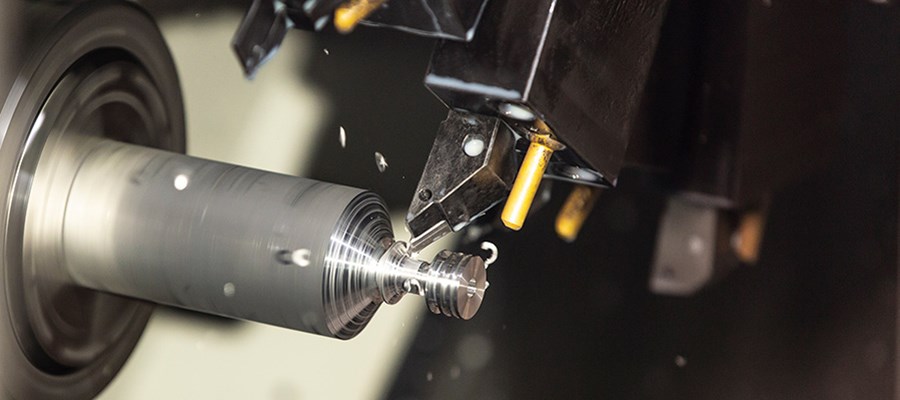
Similar to graphene, MXenes is a metal carbide two-dimensional material composed of layers of titanium, aluminum, and carbon atoms, each of which has its own stable structure and can easily move between layers. In March 2021, Missouri State University of Science and Technology and Argonne National Laboratory conducted research on MXenes materials and found that the anti-wear and lubricating properties of this material in extreme environments are better than traditional oil-based lubricants, and can be used as " "Super Lubricant" to reduce wear on future probes like Perseverance.
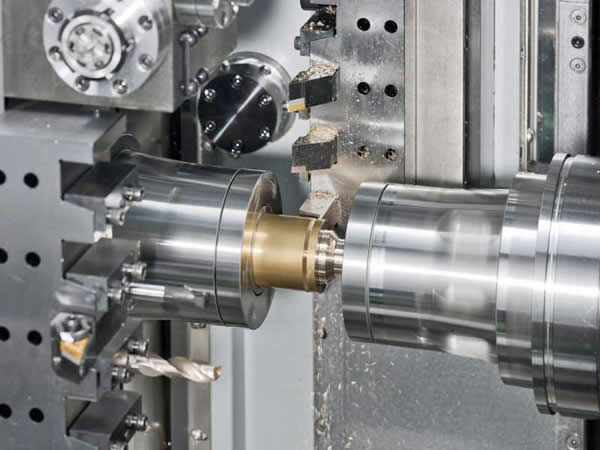
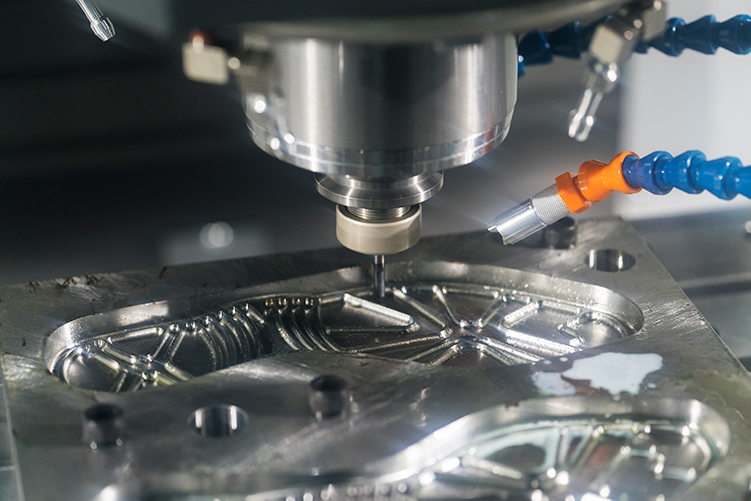
The researchers simulated the space environment, and friction tests of the material found that the friction coefficient of the MXene interface between the steel ball and the silica-coated disc formed in the "superlubricated state" was as low as 0.0067 as low as 0.0017. Better results were obtained when graphene was added to MXene. The addition of graphene can further reduce friction by 37.3% and reduce wear by a factor of 2 without affecting the MXene superlubrication properties. MXenes materials are well adapted to high temperature environments, opening new doors for future use of lubricants in extreme environments.
The development progress of the first 2nm process chip in the United States was announced
An ongoing challenge in the semiconductor industry is to simultaneously manufacture smaller, faster, more powerful and more energy-efficient microchips. Most computer chips that power devices today use 10- or 7-nanometer process technology, with some manufacturers producing 5-nanometer chips.
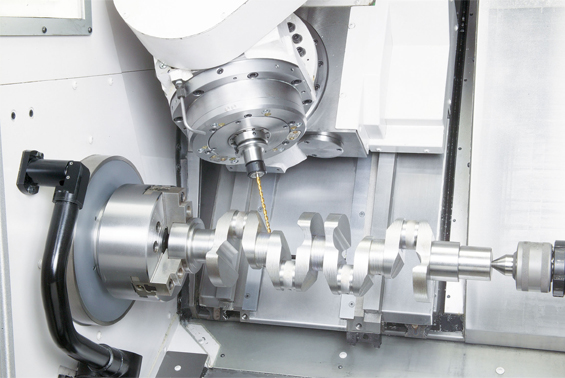
In May 2021, IBM Corporation of the United States announced the development progress of the world's first 2nm process chip. The chip transistor adopts a three-layer nanometer gate all around (GAA) design, using the most advanced extreme ultraviolet lithography technology to define the minimum size, the transistor gate length is 12 nanometers, the integration density will reach 333 million per square millimeter, and 50 billion can be integrated.
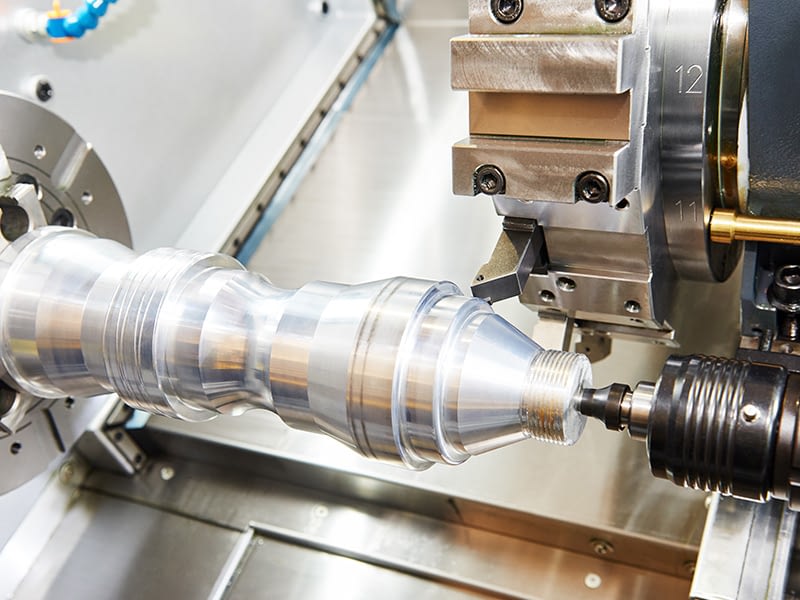
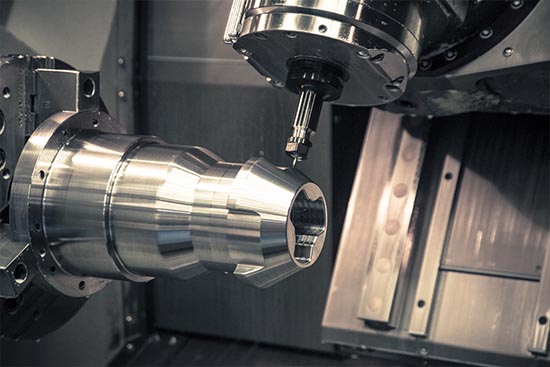
The transistors are integrated in an area the size of a fingernail. Compared with the 7nm chip, the 2nm process chip is expected to improve performance by 45%, reduce energy consumption by 75%, and can extend the battery life of mobile phones by four times, and the mobile phone can be used continuously for four days with only one charge.
In addition, the new process chip can also greatly improve the performance of notebook computers, including improving the application processing power of notebook computers and the speed of Internet access. In self-driving cars, 2nm process chips can improve object detection capabilities and shorten response times, which will greatly promote the development of the semiconductor field and continue the legend of Moore's Law. IBM plans to mass-produce 2nm process chips in 2027.
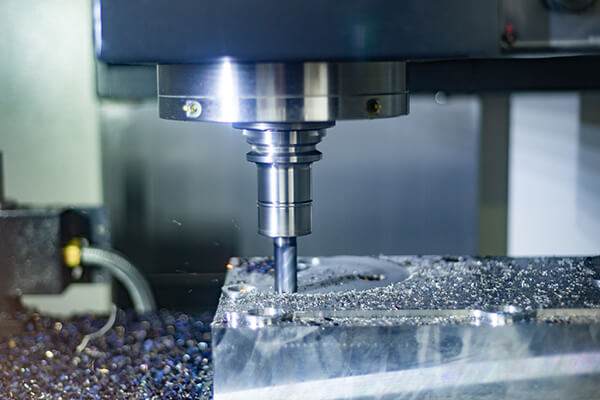
Post time: Aug-01-2022
